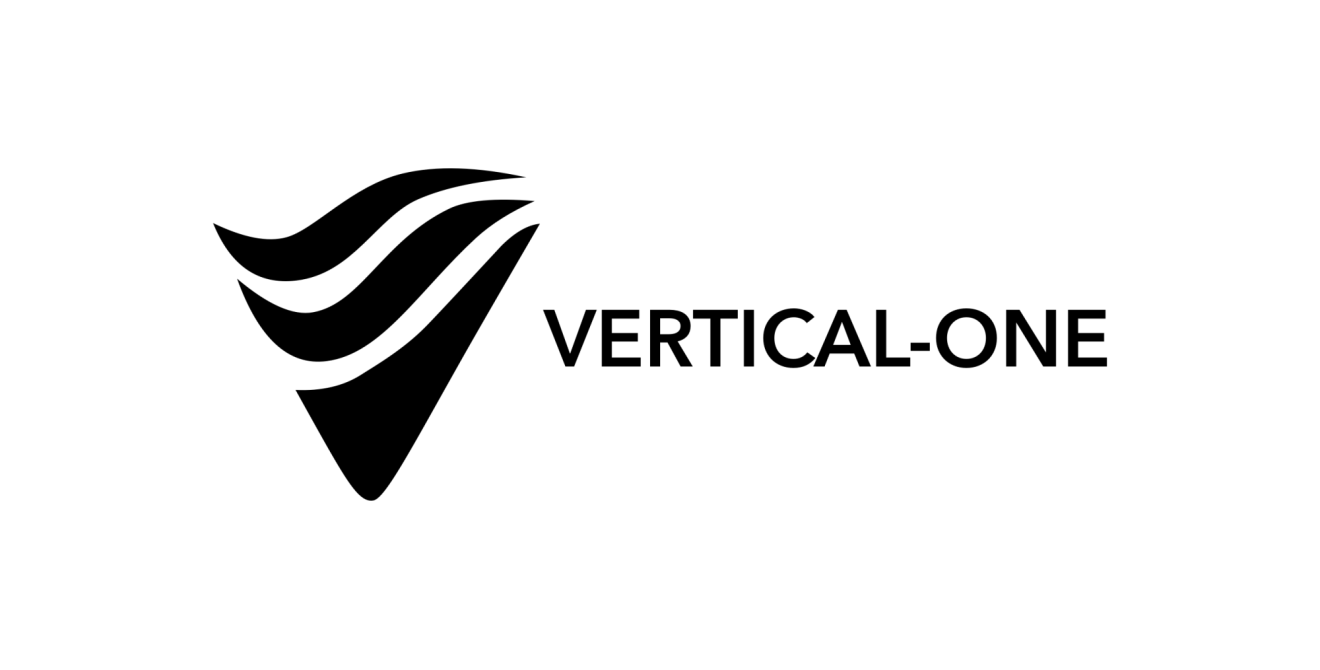Paradise Energy Solutions, LLC, based in Pennsylvania, is a family-owned, full-service solar energy company with the goal of helping people be "good stewards of God's abundant resources," both financial and environmental. Paradise Energy specializes in the design, installation, and maintenance of commercial, agricultural, and residential solar energy systems across seven states.
Challenge
- Teams at Paradise used offline spreadsheets to manage data in isolation.
- Time was wasted in inefficient meetings to manage projects.
- Critical information was not readily available on demand.
Solution
- The operations team and project managers use Quickbase as a central resource for reporting, communicating, and tracking information related to construction projects.
- Data from more than 20 proprietary and third-party platforms are centralized in Quickbase, allowing for a complete, 360-degree view into all systems and data.
- Native Quickbase features enable dev teams to deploy custom applications for internal and external customers in a fraction of the time.
Benefits
- Better control over project timelines, leading to improved communication
- Centralized data that’s widely available and easily communicated across teams and departments, with a true data center
- Time saved and human error removed on inputting repetitive data
- System overhaul times cut by 75%
From scattered data to unified insights
Paradise Energy Solutions is a customer-focused team dedicated to being the go-to experts in the solar industry. To do this effectively means keeping a myriad of data, information, materials, and people well-coordinated.
Previously, without a way to unite all their information from different locations, Paradise had all their teams on different pages. This meant wasted time and unreliable data. “Everyone was managing their information and their data separately,” said Sam Signor, Corporate Process Manager. Time was wasted trying to bridge the gap between different spreadsheets and siloed systems. “Oftentimes that led to lengthier meetings, extra meetings, and information not being shared as efficiently as possible.”
Information that was required to get work done couldn’t be accessed instantaneously – rather, people needed to request information from other teams or stakeholders in advance to get what they needed. The complex nature of construction schedules exacerbated this problem by creating significant delays in knowledge sharing and bottlenecking projects.
“The biggest challenge was really centralizing that data and making it widely available, easily accessible, and able to be effectively communicated," Signor added.

Centralizing key information
Paradise needed to find a way to centralize all of their critical project information, so their teams would know where to go to access key data. Paradise brought on Quickbase to improve the integration of all of their applications, turning it into a centralized information hub. Now, it’s used throughout the organization and integrated with more than 20 different platforms to track key information all in one place.

Supporting IT infrastructure
Such effective centralization of these systems required updating their tech stack. These efforts present their own share of challenges and often take IT teams months to complete, with tedious work, testing, and a lot of handwringing. Quickbase was able to bring this time down, making the IT support process a breeze.
In one instance, Paradise was able to overhaul a massive piece of their primary technology systems in 1.5 months using Quickbase – reducing the expected development time by 75%. Dev teams were able to make this massive change in the background while keeping existing applications running at the same time, a huge win to make sure work and information stayed on the move.
“If it was not through Quickbase, it would have been a lot more painful,” said Cody Martin, Software Engineer.

Saving time and energy
Now, Paradise uses Quickbase as a central source of truth for all of their project needs. Project Managers serve as a liaison between the field and operations departments, entering real time data for use by cross-functional programs. Process managers use Quickbase to manage all information and processes related to the construction and management of solar arrays, such as tracking permitting efforts with cities and towns as well as interconnection agreements related to the existing power grid. Further, Quickbase allows for centralized tracking of information to communicate directly with customers and internal stakeholders instead of having to request information on the fly each time. This includes system financing, which has multiple swimlanes to track including federal or state grants, private funding sources, utility-backed incentive programs, and more. Effective tracking of these programs is critical for sourcing funding for clients who are eager to access clean, renewable energy.
The large nature of these projects leads to complexity, with different stakeholders all needing different information for the right updates. Being able to share those updates easily with customers is essential to them understanding the success of Paradise’s work.
“The ability for Quickbase to create value and add value for the customer, whether it’s internal or external, is huge,” Signor added.

Keeping pace in a rapidly changing industry
In the solar industry, the information that’s required and most relevant constantly changes. A system like Quickbase allows Paradise to easily change the information they surface with their forms, allowing them to keep their reporting processes constant while simply altering what they report on based on the latest requirements.
“Whether you're dealing with utilities, state governments, federal governments, the requirements are constantly changing,” Signor said. "Quickbase makes it very easy to understand where we aren't currently adding value or where we are falling short of our goals. From there, we can quickly diagnose what’s missing.”





